SCREENINGS AND CONVERSATIONS
Thursday 31 of October (17.30)
Advanced Research Centre (ARC), University of Glasgow, Suit 237B / 11 Chapel Lane, Glasgow, G11 6EW
Free entry (registration recommended)
Friday 1 of November (17.00)
Screening Room G.04 50 George Square, Edinburgh EH8 9JU
Free entry (registration recommended)
CinemaAttic, Glasgow Latin American Research Network (GLARN) and Embrace Dialogue (ReD) present a special screening and panel conversation featuring two archive films, both produced in the last two years, which offer powerful interpretations of the Colombian conflict. Using a rich blend of archival footage and testimonies, these films trace the conflict’s roots back to the assassination of political leader Jorge Eliécer Gaitán in 1948. Join us to witness how Colombia’s history is reconstructed and reinterpreted through film archives, shedding new light on the nation’s decades-long struggle for truth and social justice.
In Glasgow, the panel will include Dr. Allan Gillies, lecturer at the University of Glasgow, Irene Piedrahita Arcila, PhD student, both members of GLARN. In Edinburgh, the panel will feature University of Edinburgh lecturers Dr. Gwen Burnyeat and Dr. Charlotte Gleghorn.
Films:
Jesús
Dir: Felipe Colmenares
Colombia | 2024 | 27 min.
(Contains graphic depictions of violence)
Jesús (Felipe Colmenares, 2024)
Jesús was forced to move dead human bodies in 1948, in the same way another civilian was forced to do it in 1997. This documentary, based on an audiovisual archives research inside 7 decades of Colombian history, focuses on the gestures forced on to human bodies by the violence caused by the massacres that occurred in the country. A short film that transforms Jesus’ singular voice into a collective scream.
Avalancha
Dir: Daniel Cortés
Colombia | 2023 | 25 min.
(Contains graphic depictions of violence)
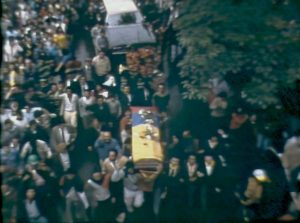
Avalancha (Daniel Cortés, 2023)
In Colombia, the assassination of social leaders has been a centuries-old political practice that seeks to destroy all kinds of popular organization; however, far from destroying it, has strengthened the will of resistance of men and women who even today raise their dead and walk demanding truth and justice. Our moving images, scattered in time, preserve the trace of a human landslide that walks ceaselessly, writing the history of a people who mourn and resist.
About the guest panelists:
Irene Arcila Piedrahita is an anthropologist with a master’s degree in political science from the University of Antioquia in Medellín, Colombia. She is currently pursuing a PhD in Politics & International Relations at the University of Glasgow, Scotland, and serve as a lecturer at the Institute of Political Studies at the University of Antioquia. Irene has worked as a researcher on the armed conflict at the Colombian Truth Commission, focusing on narratives of victims and perpetrators. They are also interested in reflective and participatory methodologies oriented toward memory work, narratives, and oral history.
Allan Gillies joined the School of Social and Political Sciences (University of Glasgow) in April 2021 as a Lecturer in Global Economy. His research examines the political economies of transnational illicit commodities in Latin America. Allan interrogates the intersections of illicit economies with processes of state-making and conflict, political transition, socio-environmental crises, and the livelihood strategies of marginalized communities. His work intervenes in debates around the causes of drug violence in Latin America, state development, democracy, and the dynamics of socio-environmental conflict. Allan has conducted extensive fieldwork in Bolivia and Colombia, using oral history interviews, archival sources, and participatory methods to map illicit economies and their effects.
Charlotte Gleghorn is Senior Lecturer in Latin American Film Studies at University of Edinburgh, where she has worked since 2013. In 2023-24 she was awarded a British Academy Mid-Career Fellowship to develop research connected with her book manuscript, Indigenous Cinematics, on the interface between law and film authorship in Indigenous cinemas in Abiayala/Latin America. She has published widely on Latin American cinemas, media, and cultural politics, and is committed to developing creative ways of disseminating research. In 2013, she collaborated on EcoCentrix, a major, free public exhibition showcasing Indigenous performance arts, held at the Bargehouse (South Bank) in London, and more recently she co-produced the media project Creole Connections/Conexiones Creoles, centred on research engaging Black Creole and Raizal communities in Central America and the Caribbean. She has worked with Colombian media collectives and filmmakers for over a decade, on questions of representation, memory and restorative justice, and has previously collaborated with CinemaAttic on the retrospective of Marta Rodríguez’s work.
Gween Burnyeat is a political anthropologist with over fourteen years of experience in Colombia focusing on peace, conflict, and politics. She is currently conducting comparative research on political divides in Britain, drawing on their Colombian experience. Her new ERC-selected project, Stories of Divided Politics: Polarisation and Bridgebuilding in Colombia and Britain, explores polarization and strategies for bridging divides through storytelling. Her first book, Chocolate, Politics and Peace-Building: An Ethnography of the Peace Community of San José de Apartadó, Colombia (Palgrave Macmillan, 2018), examines cocoa farmers who declared themselves neutral to the armed conflict. It is available in Spanish and is accompanied by the award-winning documentary Chocolate of Peace (2016). Dr Gwen Burnyeat has also authored the book The Face of Peace: Government Pedagogy amid Disinformation in Colombia (University of Chicago Press, 2022; Spanish translation forthcoming). She is also a member of the Anglo-Colombian peacebuilding organization Rodeemos el Diálogo (ReD, or Embrace Dialogue).
About the Directors:
Daniel Cortés is a university professor, director and producer of the short films Landslide (IDFA, 2023), 84 (2020, Jury Grand Prix Curta Cinema de Rio, Jihlava, Montreal International Documentary Film Festival RIDM), ELAN (2014, MIDBO), MEMORIAS (2016, FICCALI) He is associate producer of the feature documentary Reasons of the Wolf by Marta Hincapié Uribe (2020, Biarritz, Havana). He is the founder of Archivo Shub, an audiovisual archive focused on liberating pre-existing images through creative experimentation workshops. His work focuses on non-fiction experimentation with audiovisual archives to interrogate and subvert official memories, a cinema that moves through the non-narrative, appealing to the ideas of uncertainty and animism as paths for historical and political reflection.
Felipe Colmenares Sánchez is a director, producer, and documentary film preservationist. Since 2011, he has worked with Marta Rodríguez, a pioneer of Colombian documentary film, at her foundation, Fundación Cine Documental / Investigación Social, contributing to various projects and festivals. Colmenares specializes in audiovisual preservation, overseeing stages such as verification, cleaning, digitization, and preservation of different formats. He has managed the digital restoration of several documentaries by Marta Rodríguez and Jorge Silva , including Chircales (1971) and Nuestra voz de tierra, memoria y futuro (1981), which premiered at the Berlinale 2019, as well as Amor, mujeres y flores (1989), which featured at Cannes Classics 2023. Felipe Colmenares has taught courses at different institutions and has been an advisor for personal and institutional archives, focusing on preserving audiovisual content relevant to the political and social history of Colombia since 1948.

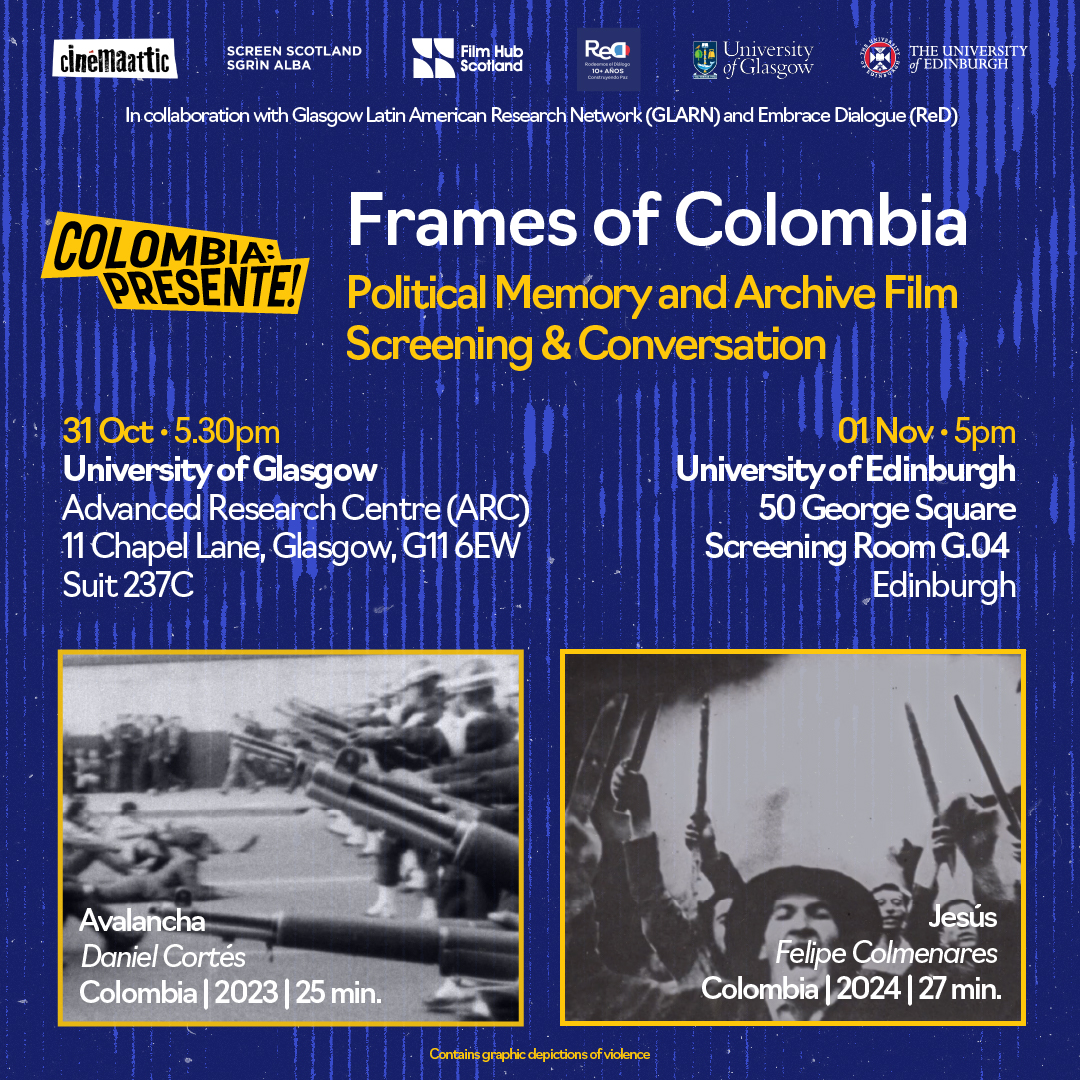

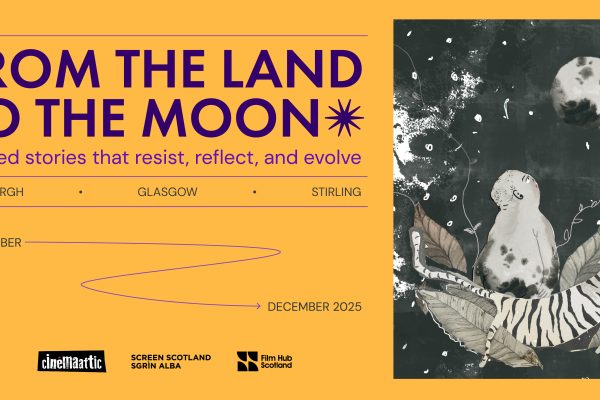
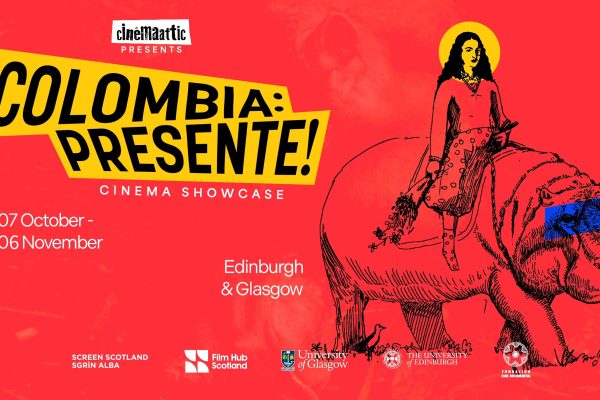
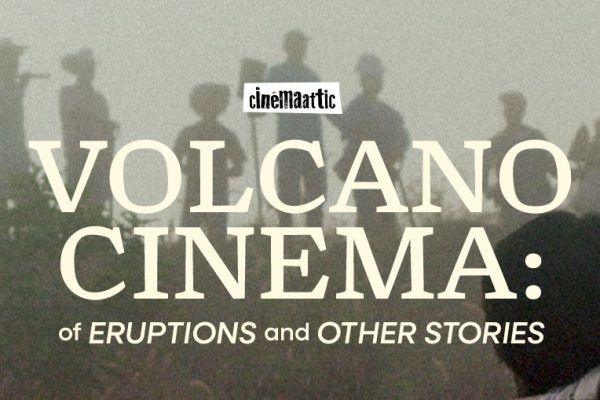
Upcoming Events
Quiz Night + Film Screening – A CFF11 Fundraiser
Events Categories